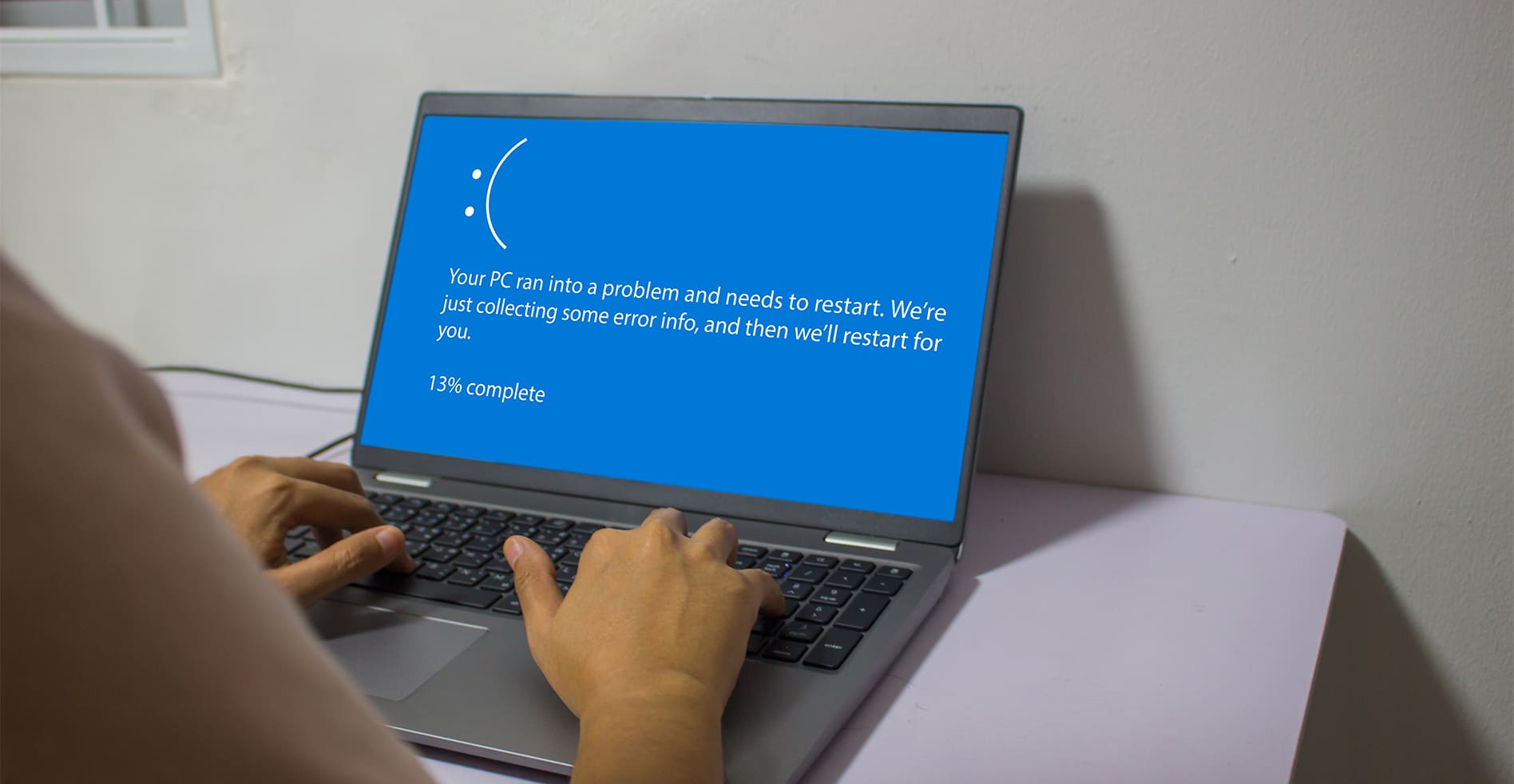Computer Repair
Published on: February 22nd, 2012

Welcome back to our five part series on common mistakes made by small business. If you’ve missed any of our previous articles, check out the previous parts:
Part 1: Weak Tech Support and Old, Cheap or Inconsistent Hardware
Part 2: Inadequate Power Protection and Illegal Software
Part 3: Inadequate Training and Weak Security
Mistakes 7 and 8: Top Tech Mistakes Small Businesses Make
Next in our series of Top 10 Mistakes Small Business Make, are mistakes seven and eight: insufficient data backup and virus vulnerability. Learn more about these common mistakes below.
Mistake #7: Insufficient Data Backup
 Every small business wrestles with the issue of data backups. Most every organization recognizes the need—sometimes mandated by law—to archive and secure important business data. However, confusion quickly arises in the details. How should organizations back up their data? What data should be backed up? How often should archive sets be created? How should backups be moved off site?
Every small business wrestles with the issue of data backups. Most every organization recognizes the need—sometimes mandated by law—to archive and secure important business data. However, confusion quickly arises in the details. How should organizations back up their data? What data should be backed up? How often should archive sets be created? How should backups be moved off site?
Also, what is the real impact of data loss? Glad you asked.
- There is a 50% chance an organization will go out of business immediately when critical data is lost.
- Odds of business failure increase to 90% within two years when businesses lose critical data.
- On average, data loss costs 19 days of productivity, according to the ICSA.
Recovering data from damaged disks is exponentially more expensive than ensuring you possess adequate backups, not to mention much more time consuming.
For better backups and data protection, we recommend:
- Reviewing what information (specific files and folders) is critical to your business and developing a plan to ensure that data is regularly backed up and stored or rotated off site.
- Determining how much time can safely pass between backup routines within your organization.
- Testing backup sets regularly to confirm they are working properly.
- Updating backup routines whenever required by software application updates and upgrades.
- Automating off-site storage.
- Confirming a backup solution creates secure backups that protect critical data from falling into the wrong hands.
Mistake #8: Virus Vulnerability
 In the most basic sense, computer viruses are malicious programs that infect a system almost always without the user’s permission or knowledge. Once installed, virus programs work to replicate themselves, transfer information from an infected PC to a hacker’s system, distribute very large volumes of unsolicited email, compromise the PC’s performance, delete data and even render a system unusable.
In the most basic sense, computer viruses are malicious programs that infect a system almost always without the user’s permission or knowledge. Once installed, virus programs work to replicate themselves, transfer information from an infected PC to a hacker’s system, distribute very large volumes of unsolicited email, compromise the PC’s performance, delete data and even render a system unusable.
PCs unprotected by firewalls and proper security software can quickly fall prey to infection. Industry statistics demonstrate that PCs connected to the Internet possess a very high likelihood of being affected, and quickly. I recent BBC report demonstrated a Windows XP machine becoming infected within eight seconds (eight seconds!) of being connected to the Internet.
We recommend small businesses install and properly configure antivirus software on every PC and server, especially since the costs of recovering systems and data far exceeds the expense of protecting them. In addition, the following steps for combating viruses are very helpful:
- Install an effective antivirus program and keep it updated.
- Perform regular antivirus scans.
- Do not allow antivirus licenses to expire.
- Avoid free security software.
- Disable preview panes within email applications.
- Prohibit the use of file-sharing programs.
- Avoid Web sites known to encourage virus infections.
Computer Troubleshooters can work with your organization to design and implement a backup and protections systems tailor-made to meet your business requirements. Operating your business without attention to these critical areas can cause disruptions could prove costly.




Leave a Reply